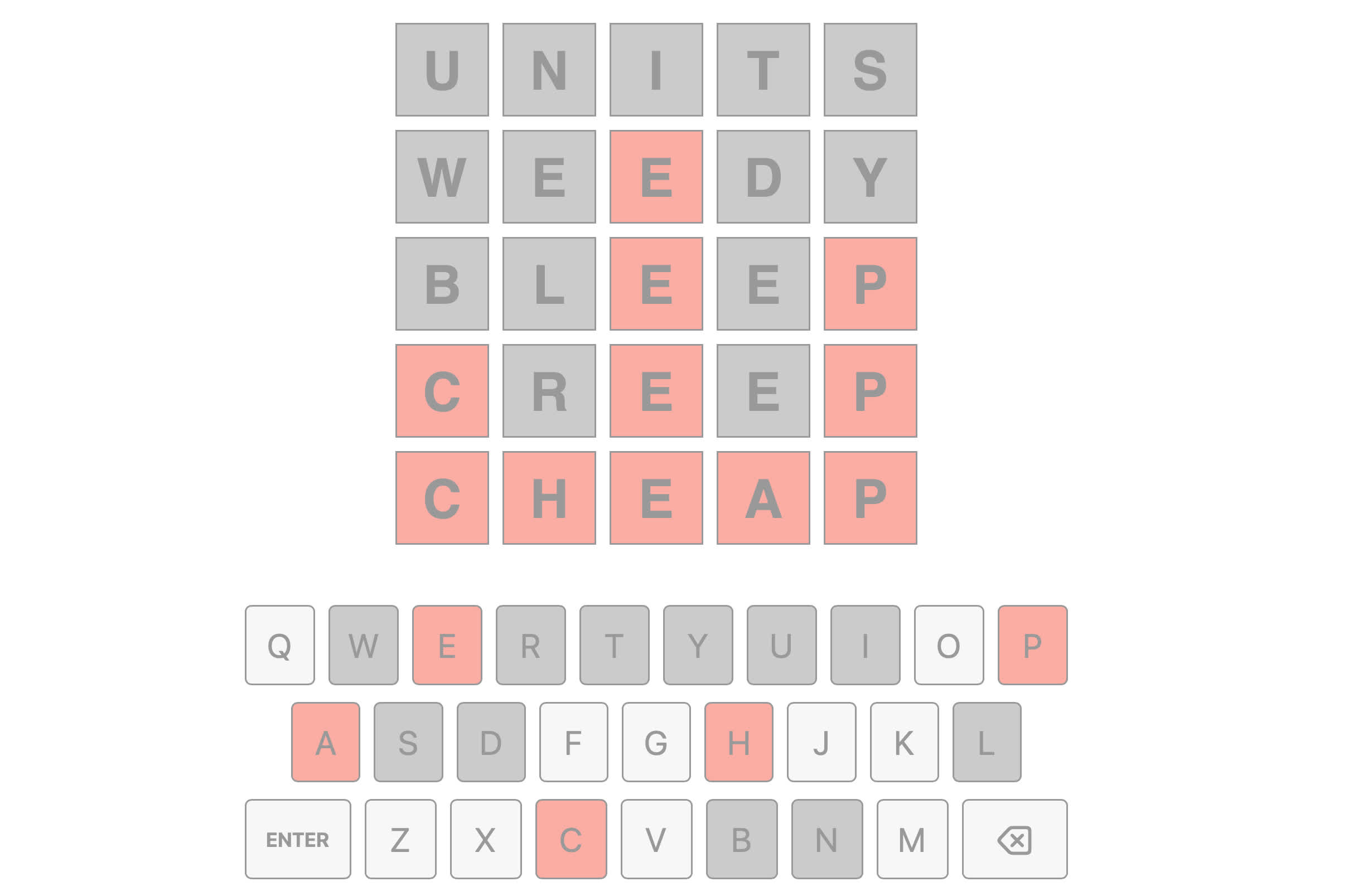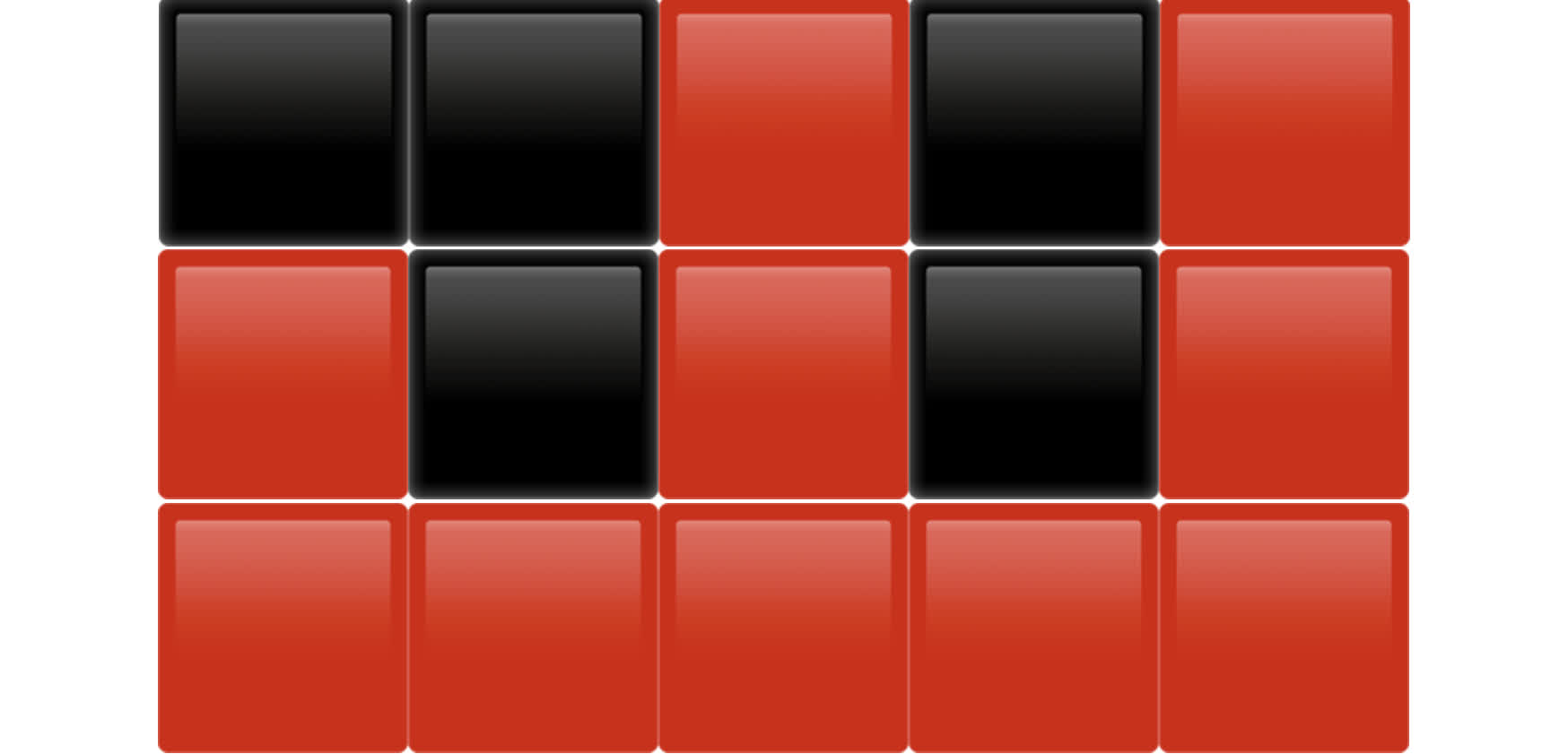Another addiction: For being such a simple concept, the game Wordle sure has generated a lot of headlines. From IP theft to corporate buyout, the puzzler has run the gamut of news cycles and developed a cult following. It has also generated numerous copycats and variants, the latest of which seems to hail from DC's Htrae (aka Bizarro World).
Antiwordle is the exact opposite of Wordle. Instead of having six tries to guess the word, Antiwordle gives you unlimited attempts to not guess the word. It's more difficult than it sounds.
The game has a similar hint method as Wordle. Red squares mean the letter is in the right place, and all other guesses must have that letter in place. Yellow means the letter is in the word but wrong position, and subsequent attempts have to have that letter somewhere in the guess. Gray means it's not in the word, and you are restricted from using it in later tries.

The game goes on for as long as you can keep entering words without hitting the target. It's no easy task because of the letter usage restrictions and because your mind naturally wants to guess the word. It almost forces you to retrain the way you think about playing. It has a hard mode, but the vanilla version is difficult enough for me.
Like Wordle, there is only one puzzle per day. I only discovered it today (thanks, Kotaku) and lost with a score of 5 guesses. I know I can do better, so now I have another daily habit.
I imagine when Josh Wardle created Wordle out of boredom during the pandemic lockdowns, he had no idea that it would get nearly as much attention as it has. It's snagged tons of social media attention and generated no less than 77 copycats, including Antiwordle. More surprising than that was the NY Times buyout of the game. As it goes, I'm sure this is not the last we'll hear of the crazy fad puzzler.
